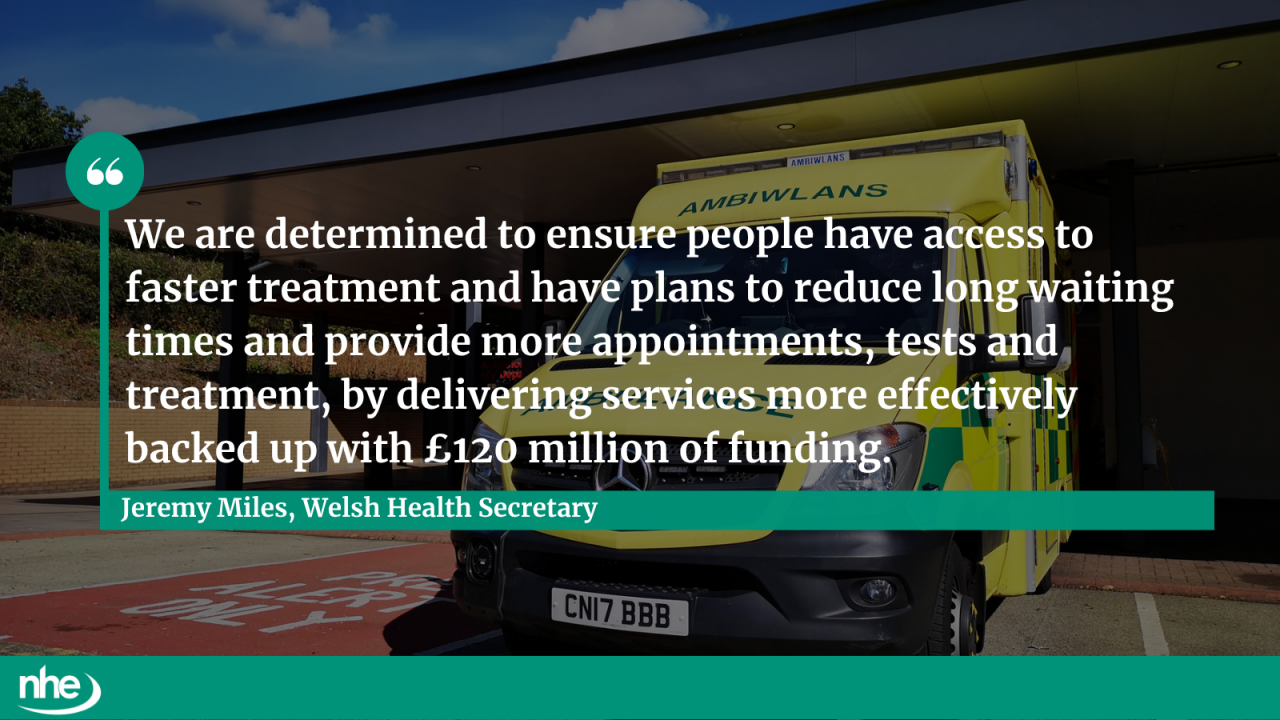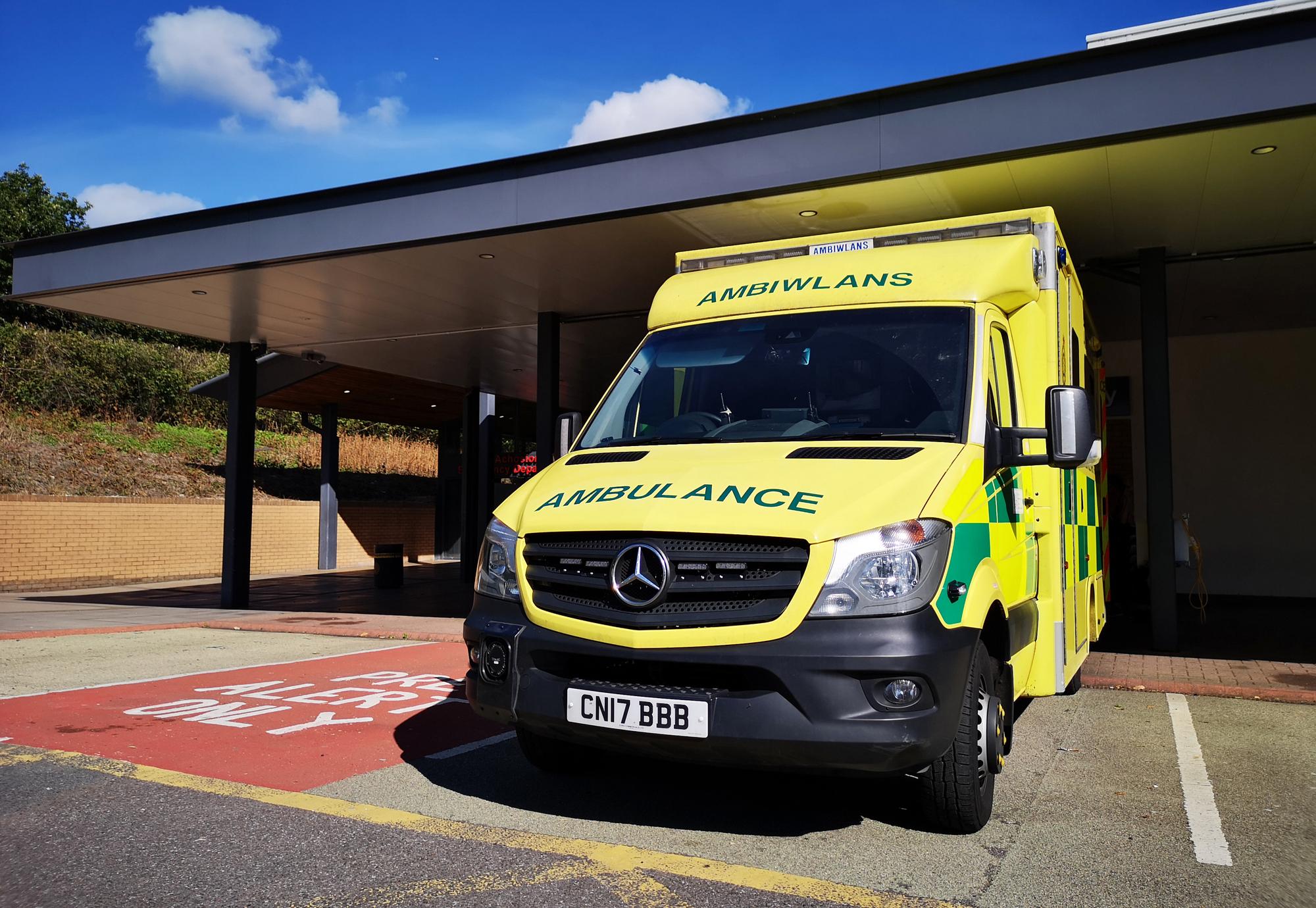Ambulance handover delays in Wales have dropped to their lowest level in over four years, according to the latest NHS performance figures released today.
The Welsh Ambulance Service saw a 40% reduction in handover delays at emergency departments in September 2025, compared to the same month last year.
This improvement means patients are spending less time waiting in ambulances outside hospitals, allowing paramedics to respond more quickly to new emergencies. The average response time for “amber” category 999 calls improved by 25 minutes, helping ensure faster care for those in urgent need.
As emergency department attendances hit a record high for September, the Health Secretary has urged the public to support the NHS by choosing the proper care for their condition. Services such as NHS 111 Wales and local pharmacies offer fast, free treatment for common illnesses, helping reduce pressure on hospitals.
Free winter vaccinations for Covid-19, flu, and RSV are also available to protect vulnerable groups and reduce seasonal illness.
Welsh Health Secretary Jeremy Miles said:
“We have targeted reducing ambulance patient handover times and I am pleased to see the results of this work as September saw the lowest ambulance hours lost since July 2021, this needs to be sustained as we move into the challenging winter months.
“We are determined to ensure people have access to faster treatment and have plans to reduce long waiting times and provide more appointments, tests and treatment, by delivering services more effectively backed up with £120 million of funding.
“We are seeing the impact of this investment alongside the continued hard work of our dedicated NHS staff. We are on track with this work to cut the waiting list and the longest waits.
“Emergency departments across Wales continue to treat high numbers of people every month, but it is important to remember we don’t all need to go to hospital to get help from the NHS. There are many local health services which provide help.
“Getting vaccinated against flu, Covid-19 or RSV is one of the most important steps we can take to help ourselves and our NHS this winter.”

Provisional data for September shows a 15,000-person drop in the overall waiting list, with significant reductions in long waits. Several health boards, including Powys, Swansea Bay, Hywel Dda, Cwm Taf Morgannwg, and Aneurin Bevan, now report no two-year waits or fewer than 1% of pathways waiting that long.
- Swansea Bay and Powys: No one-year waits for first outpatient appointments
- Hywel Dda: Fewer than 1% waiting over a year
These improvements reflect ongoing efforts to build a more responsive and resilient NHS, in line with the Welsh Government’s Plan for Change.
Next month, the Help Us to Help You campaign will launch to encourage people to stay well and use NHS services appropriately.
Image credit: iStock



















